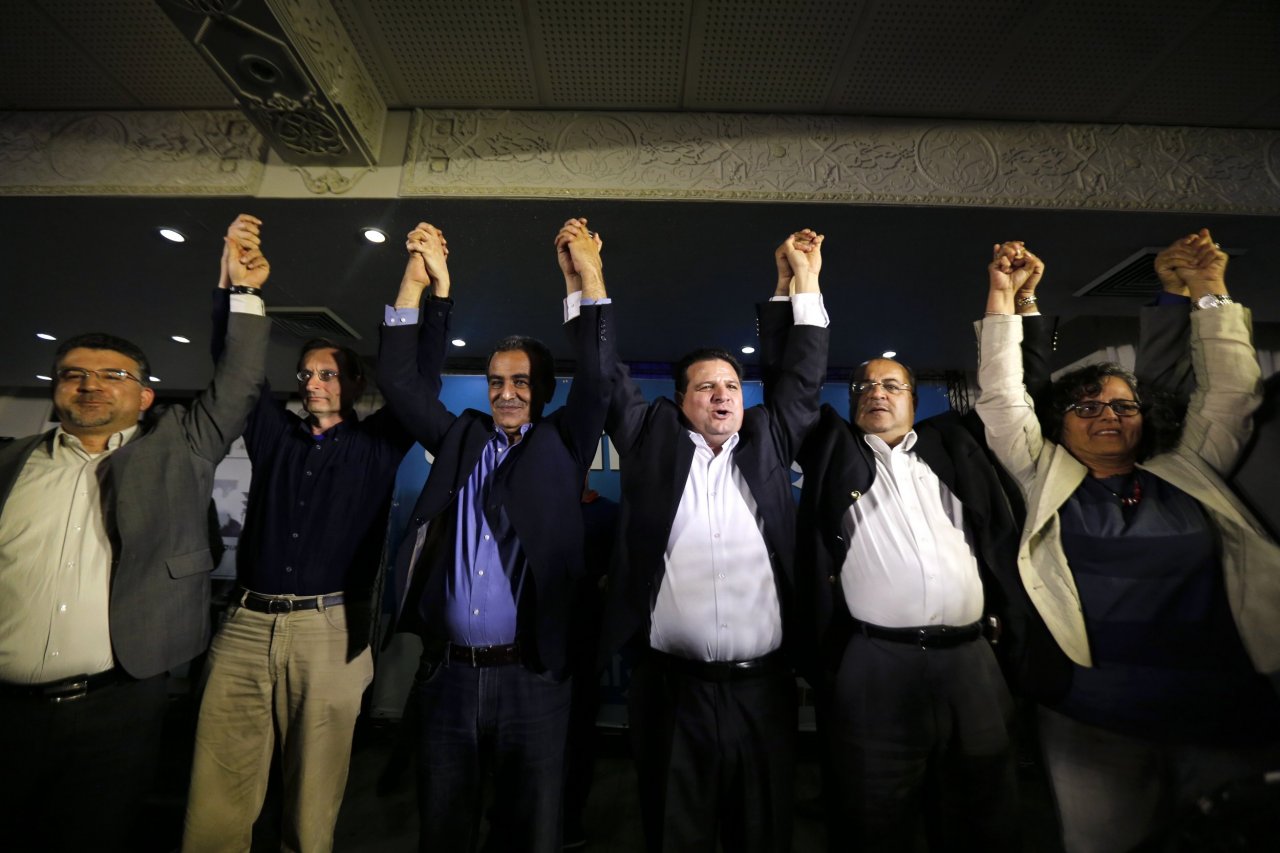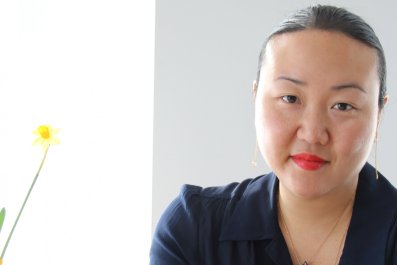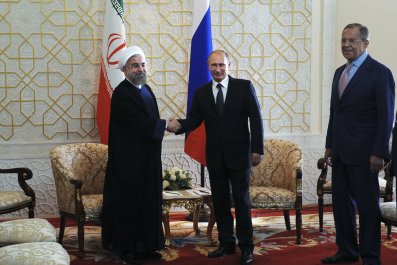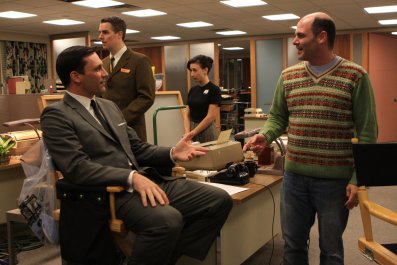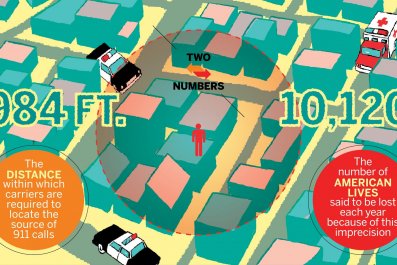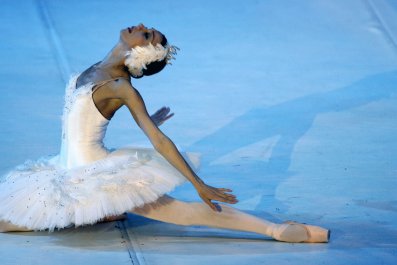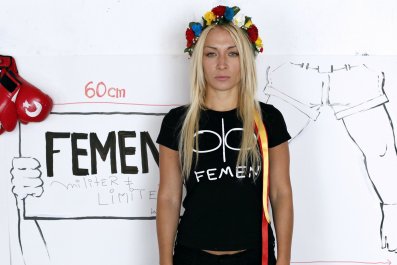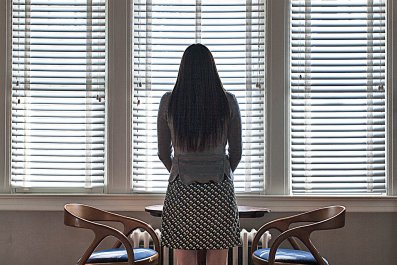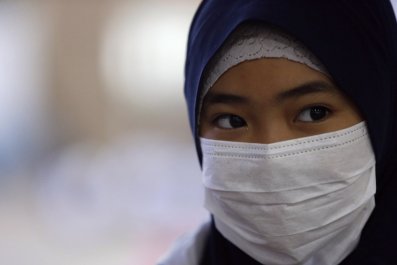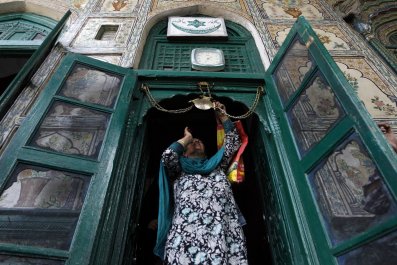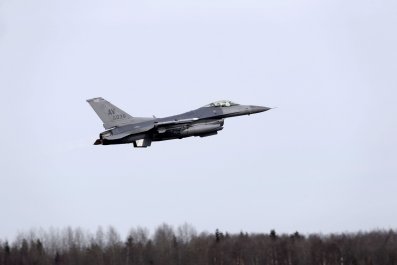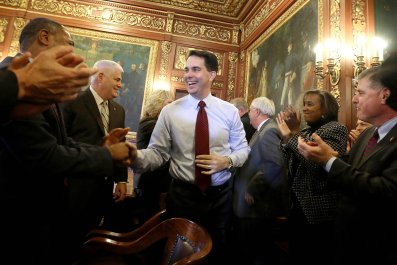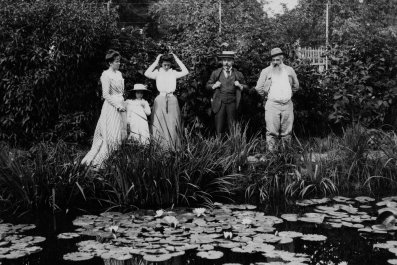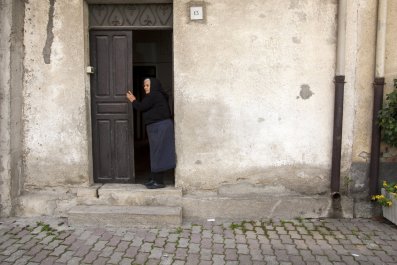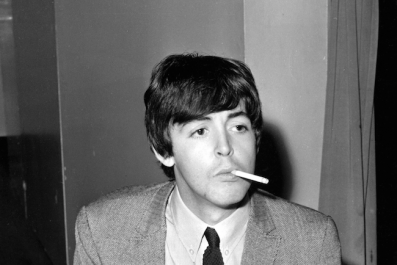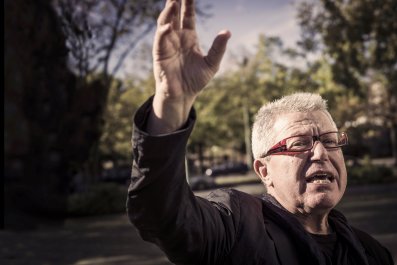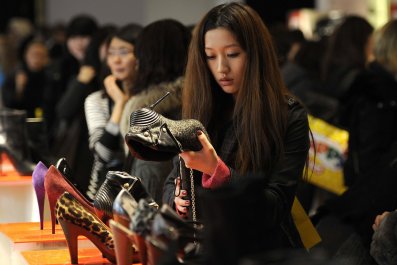The real Arab Spring is blooming in Israel. Arab activists are using the Jewish state's robust democracy and independent institutions to push their agenda of radical, but peaceful, political change.
A rainbow coalition of nationalists, Islamists, feminists, socialists and supporters of Jewish-Arab co-operation stood in last month's election. The Joint List won 13 seats in the Knesset, the Israeli parliament, making it the third largest party.
The unprecedented co-operation between former rivals stands in stark contrast to Israel's neighbours. Syria is mired in murderous civil war; Egypt has reverted to authoritarianism, Libya is a failed state. Lebanon's fragile religious balance has been upended by the influx of Syrian refugees. Only Tunisia, the cradle of the Arab spring, has deepened its democracy, but remains menaced by Islamist terrorism.
The success of the Joint List is an example for the wider Arab world, says Ayman Odeh, its leader. Odeh, a 40-year-old lawyer from Haifa, is now one of the country's best-known politicians. He won widespread accolades for his calm, reasoned response to being verbally abused on television by Avigdor Lieberman, a former foreign minister. "We live in the Middle East, in an era when people are being killed because they have a different ethnicity, religion or ideology. We have a different message: to accept differences, and work side by side to achieve our goals. We hope our example will affect all the Arab world," he said.
The triumph of the Joint List is causing waves across the region, said Eyad Abu Shakra, a commentator at Asharq Al-Awsat, an Arab newspaper. "The Arab media were very happy. They saw that Arabs in Israel have learned to play the game, to use the system. Some cynics said that Israelis only understand the language of violence. But there was more relief and admiration that they could put their differences aside and come out with the third largest block."
There is a long road ahead before Israel's Arab minority enjoys full civil rights and equality. Twenty-one per cent of the population, 1.7 million people, are Arab (excluding Jews from Arab countries). Many are integrated into Israeli society. There are Arab judges, diplomats, army officers, lawyers and business people.
But around half of the Arab population lives in poverty. Arabs are more likely to be unemployed. Israeli prime minister Benjamin Netanyahu (below left) spoke for many when he warned that Arab voters were turning out "in droves". For many Israelis on the Right, Arabs are seen as the enemy within. Netanyahu later apologised.
The Joint List will bring a new focus on the discrimination faced by Israel's Arab minority, says Hassan Jabareen, director of Adalah, the Legal Centre for Arab Minority Rights in Israel. "Israeli Arabs are put into the category of an enemy, which is why it is OK to exclude them, and which is why it is important for us to be together in Parliament and to fight for our rights. The parties come from different perspectives, but the Knesset does not distinguish between Arab communists or Arab nationalists."
The long-term aim is to turn Israel into a bi-national state. "Arabs in Israel are a significant part of the state. You cannot say the solution is one state for Jews and another for Palestinians in the West Bank," says Jabareen. "You have to think about different solutions and make them visible."
The first step is for the Israeli Left to realise that it needs to work together with the Joint List. "This election will show the Left that the Arabs have to be a partner, and Israel needs to change its constitution to be a bi-national state for both Arabs and Jews."
Even among Left-wing Israelis that idea commands little support. More realistic is an alliance to fight for full civil and economic rights for all Israel's citizens.
The model is Martin Luther King, says Odeh. King and his supporters marched to Washington in 1963, demanding jobs and freedom. Odeh has prepared a 10-year plan to close the civic and economic gap between Israel's Jewish and Arab population. "We intend to march to Jerusalem, to raise awareness for our 10-year plan and to demand democracy and justice for all."



